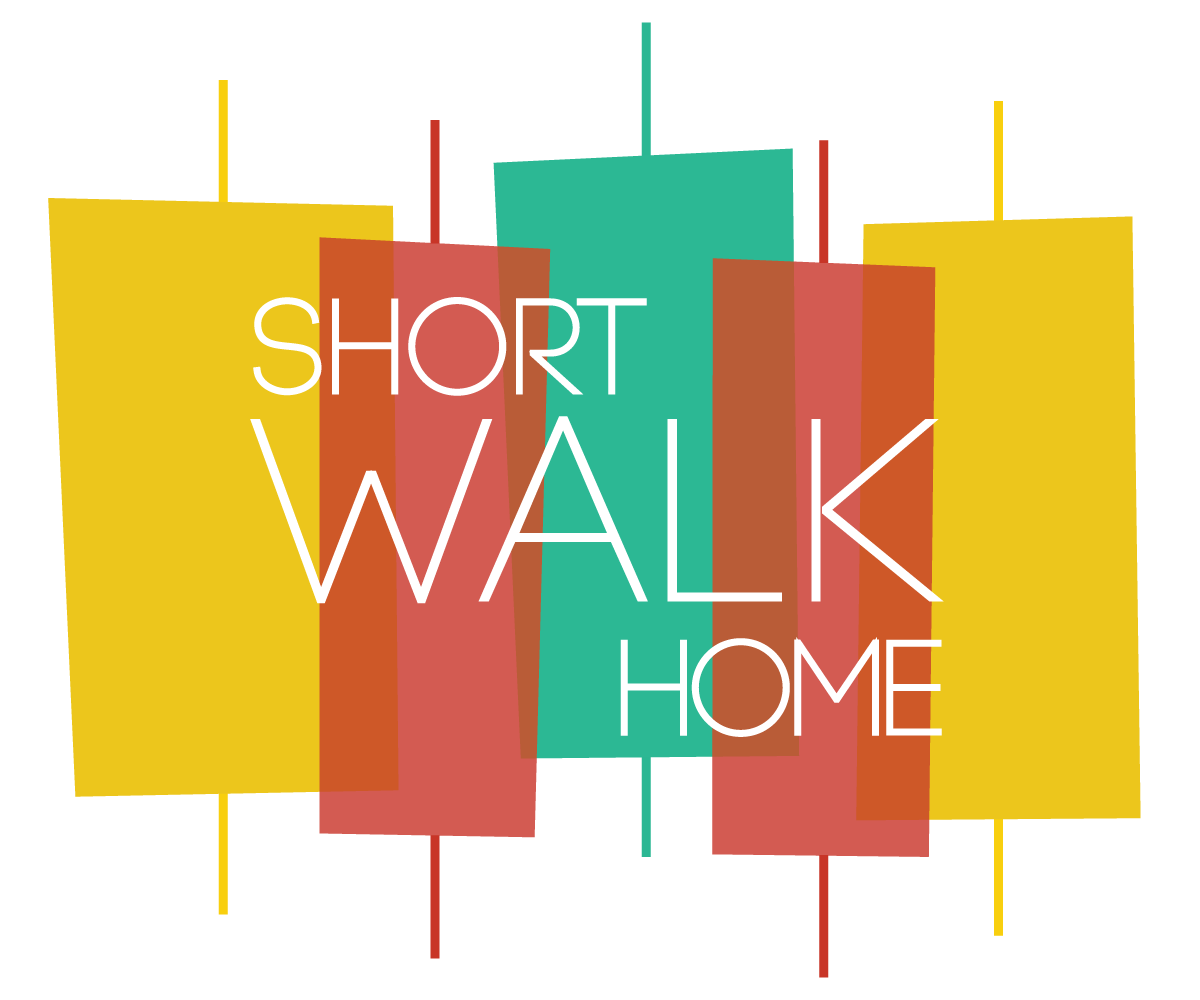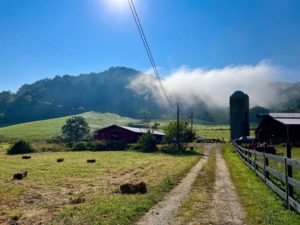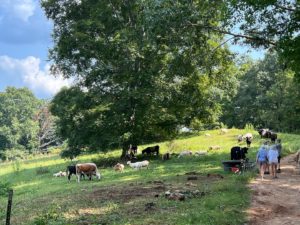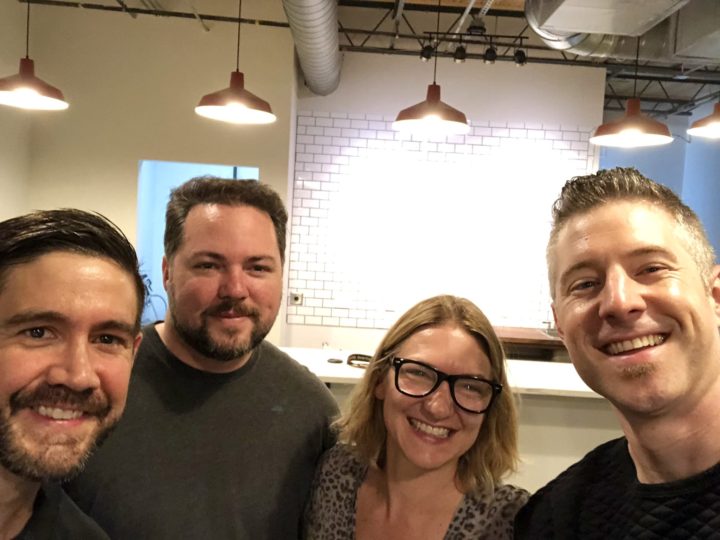Y’all know my rule for city living: I must be within walking or biking distance to a great cup of coffee and a cold brew. And that is 100% true. But sometimes, I yearn for wide open spaces.
Throughout my real estate career I have almost exclusively been in urban/suburban home sales. I’ve done some subdivision new construction, but mostly pre-existing homes on no more than half-acre lots. Recently, I’ve been learning about land acquisition for myself. I’ve also had several new clients come to me in the last year wanting to do the same thing. Other real estate associates tell me they are experiencing the same shift to more land, further away from the city, and definitely not the suburbs.
“Under all is the land.”
That is the first line in the National Association of Realtors code of ethics. When someone says, “I want to buy land,” it’s very subjective. It could mean they want to buy an empty lot to build a house. Or, maybe they want to acquire “raw land” which means it has no buildings or infrastructure. When I say, “I want to buy land,” I think of a place that looks, smells and feels like a farm. I want an ol’ farmhouse, a barn, and a view of a fertile valley with crops in the fields.
There is so much to cover when talking about land, so I’ve decided to break this topic down into several installments. In the spirit of fall harvest season and because I’m a farm groupie still basking in the glow of our recent farm tour, I think it’s only fitting to start with land that is perceived or defined as “farm”.
Kurt and I have been in search of our own farm. We have no intention of raising cattle or commercial farming. Ideally, we’d have enough land to grow food for one household, keep a few chickens, a couple of goats, and a pet pig named “Lovey” that will only ever be loved and fed and cuddled. We just want this opportunity in a farming community around us.
“Buy land, they’re not making it anymore.”
-Mark Twain
In real estate, searching for land for sale is all grouped under the heading: lot/acre/farm. It’s a lot to sort through and one of the many reasons why you need to work with a good broker, but I digress.
At first, we started looking at acreage classified as “raw land” for our little farm. That means there are no buildings, utilities or pavement. Although we found some absolutely beautiful spots, the lack of any infrastructure was overwhelming from a cost perspective. Especially since we will need a she-shed for Lovey and a place to put our tractor.
So, I went back to my land search and used the property type filter: farm. What we found is that those properties often have at least some infrastructure like a well and septic. Sometimes there’s a house and/or outbuilding of some sort as well. This was important to us.
“I would rather be on my farm than emperor of the world.”
– George Washington
The North Carolina Real Estate Commission doesn’t decide what defines a farm, zoning laws do. For example, RA- Residential Agricultural and AG – Agricultural. But, perception always plays a part in real estate advertising. A listing agent can use the term “farm” regardless of the zoning. In other words, it might be a tract of five acres with residential zoning next to a subdivision and the remarks will state “perfect for your own small farm.”
During our quest to get pre-approval for lending, we discovered that some lenders specialize in land acquisition. Not all land is created equal when it comes to financing.
One option to financing are funds that provide grants for folks who want to continue or start small farming operations. Here are a few.
- Tobacco trust fund
- Golden Leaf foundation
- USDA Risk Management agency
- USDA Rural Development agency
- Rural Advancement Fund International (RAFI)
- Sustainable Agriculture Research and Education (SARE)
- The Conservation Fund
There is so much important information to share on this topic, and we will get into it more in another post.
Although it’s not easy to acquire land, it is absolutely worth it. If you are in the market for land, give me a call to discuss.







